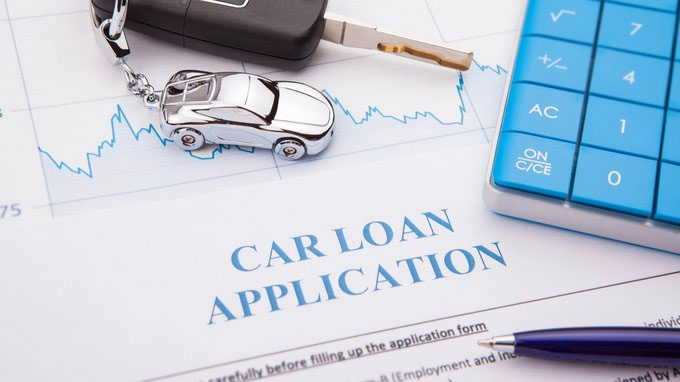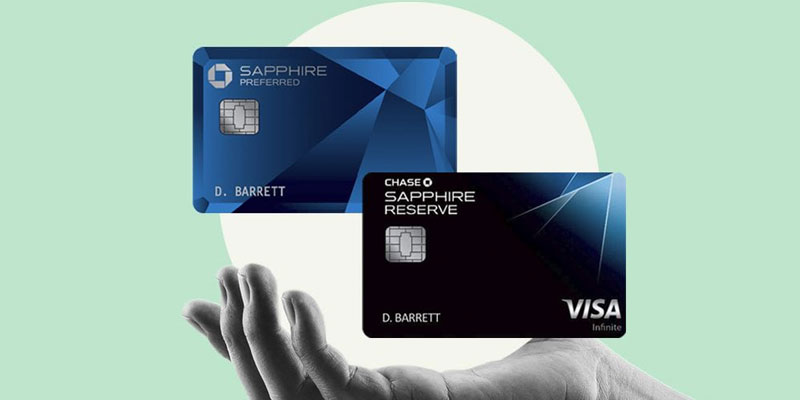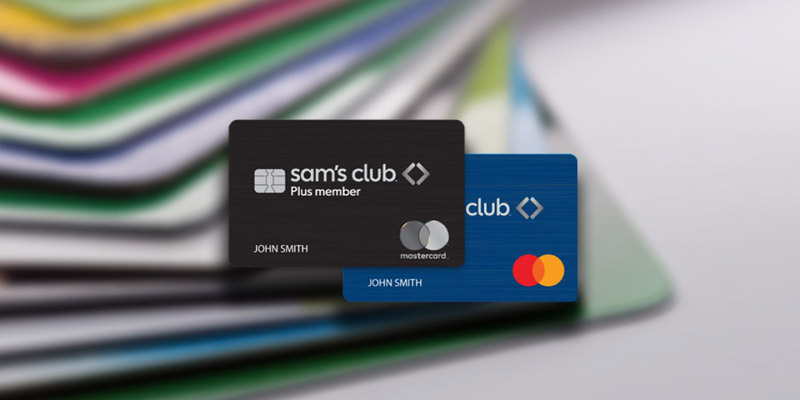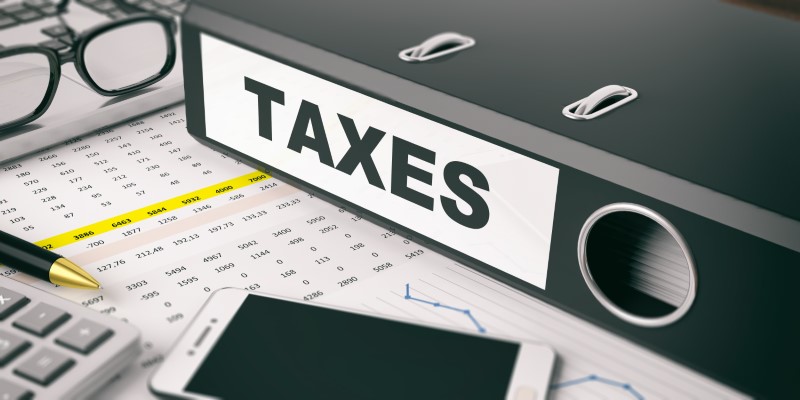Your credit card balance affects your credit score since debt load accounts for 30% of your score. Raising your credit usage ratio will lower your credit score. However, many insist that running up a credit card bill is the only way to have a solid credit history. Some worry that having no debt at all may negatively affect their credit. Fortunately, this is not the case; having a zero amount on your credit card will not negatively affect your credit score unless you haven't been using the card at all.
Your Credit Report and Zero Balance

While a credit card with a zero amount may not affect your credit score directly, having no outstanding debt on the card may affect your score. So that you understand why, let me explain. Your credit card information is reported many times each month.
Depending on whether you've continued to use your credit card after paying the bill in full, your credit card balance may not be $0 on the day your credit card issuer reports to the credit bureaus.
A $100 transaction made on the 5th of the month and paid in whole on the 17th of the month would not reflect as paid in full on your credit report if the report was updated on the 12th of the month. Instead, the 12th of the month's balance will be displayed.
Invalid Credit Cards

Your credit score may blow if you don't use your credit cards and your balances remain at $0 for an extended period. The issuer can cease updating your credit report if you haven't used your credit card in a while.
There won't be a clear picture of your creditworthiness to potential lenders and creditors if you don't have any recent loan activity to record. Credit card accounts may be kept open and active for credit reporting purposes by making minor recurring transactions and paying in full.
Holding a Stack of Credit Cards
The typical customer has a credit card amount of $6,194.6 across four cards. The same is true if you have many credit cards with balances; paying off even one of them will positively affect your credit score.
Credit card balances and total credit card balances are both factors in the computation of your credit score. When you pay off a credit card bill in full, your overall credit utilization drops, indicating that you are not utilizing all of your available credit. 1
Getting the Right Balance to Report
To increase your chances of being accepted for a large loan, you should fully pay off your credit cards and refrain from using them for a few weeks before applying. That way, you may rest assured that your low amount will be reflected in your credit score.
Do Dormant Credit Cards Lower Your Score?
It would help if you kept in mind that your card's inactivity impacts the duration of your credit history and your use rate. The duration of your credit history determines fifteen percent of your FICO score. To a large extent, you have little say over this aspect of your score until you terminate an account or accounts. The age of your oldest account and the average age of all your accounts determine your credit history's length.
How To Keep Cards Active Without Reducing The Score
There are a few approaches to this. If the interest rate is too high to justify regular use, you may limit your card's use to more routine monthly expenses like petrol, coffee on the weekends, or once-a-month takeout. Set up automated payments, like a Netflix subscription or a utility bill, to keep your card active without remembering to make modest expenditures.
You are using your credit card regularly, even if it's just once a month, and paying it off in full shows that you are responsible for your finances and will increase your score. You will avoid interest charges if you pay your bill in full before your due date. That prohibitive interest rate is now irrelevant.
Conclusion
To prevent your credit card accounts from being terminated due to lack of use, you should use your cards sometimes. Keeping your accounts open and active can help your credit score more than closing them would. Suppose you let one of your older cards close due to inactivity. In that case, it can dramatically shorten your length of credit history, which is an important factor in calculating the card's significance to your credit score's bottom line.











